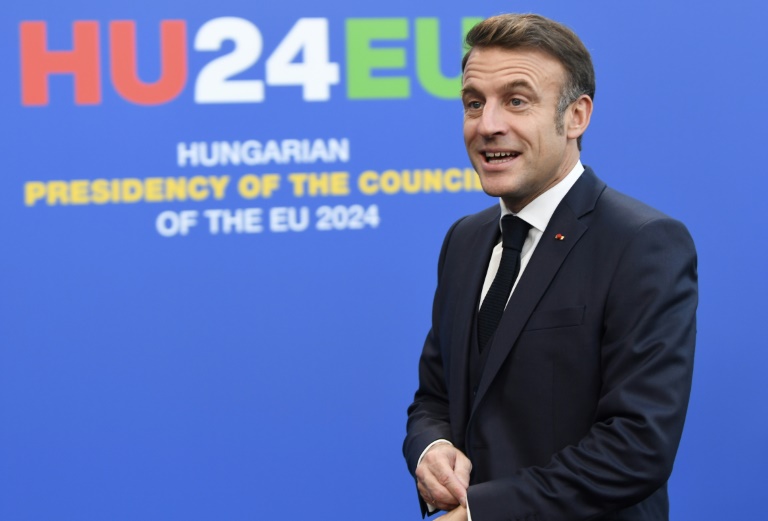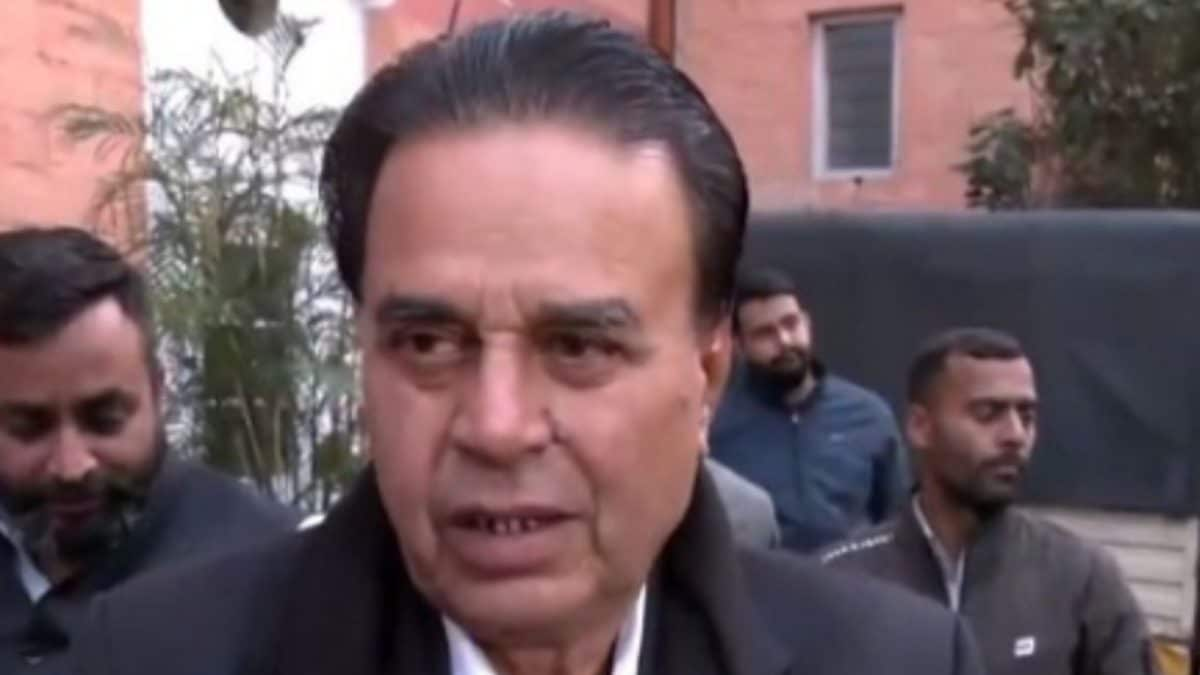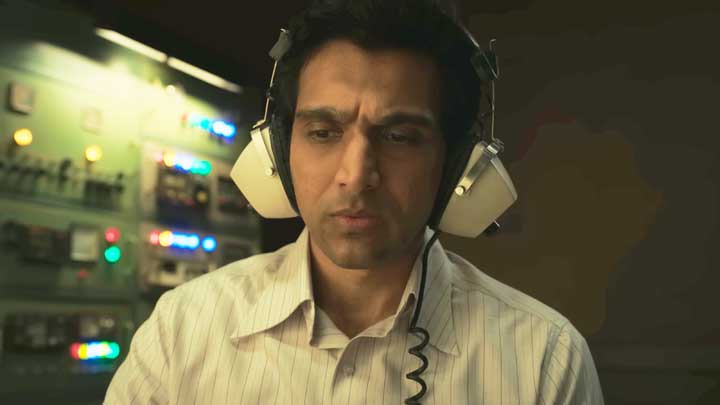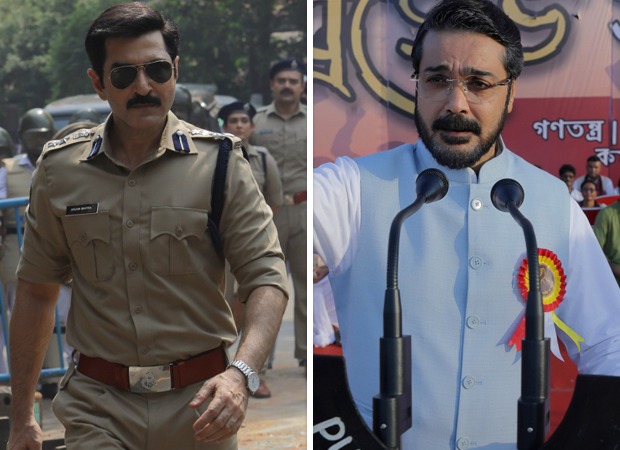Hamstrung by troubles at home, French President Emmanuel Macron has been firing on all cylinders since Donald Trump’s re-election — seemingly looking to leverage the Republican’s return to make a diplomatic comeback of his own.
At a meeting of European leaders in Budapest, Macron struck a combative tone Thursday as he urged the continent to write its “own history” at a “decisive moment” in time — rather than let its course be dictated by the United States, China or Russia.
The French leader may have raised some eyebrows with an odd metaphor to drum up leaders’ resolve, warning that “the world is made of herbivores and carnivores” and that Europe must not let itself be eaten alive.
But the pattern is there: since the US victor became clear on Wednesday, Macron has been in diplomatic overdrive — and his team at pains to present him as spearheading Europe’s response.
He was among the first to congratulate Trump, then to speak to him, in a call his office termed “very good”, while officials emphasised his pre-existing relationship with the volatile Republican.
At Thursday’s meeting of the European Political Community — a twice-yearly forum that France originally launched — the Elysee palace highlighted Macron’s leadership in urging the bloc to “wake up” to a new reality.
His speech was incidentally the only one carried live aside from Hungarian Prime Minister Viktor Orban, the event’s host.
The following day, as leaders pivoted to talks on reforming the European Union’s economy — the Elysee was briefing reporters that the agenda under discussion echoed longstanding demands by Macron.
After Trump took office in 2017, his relations with Macron — then a fresh new face on the world stage, boosted by a resounding election win of his own — had the initial makings of a “bromance”.
Ties later cooled, as the US leader pressed on with a steady retreat from multilateralism that Macron proved powerless to prevent.
But still, “the president knows Donald Trump, how he thinks, how he works,” said one French minister, under cover of anonymity.
“I am not suggesting that just because they know each other, they will agree on everything,” the minister said. But “the fact they had a personal relationship, even if it was sometimes tough… will help to oil the wheels.”
The contrast could not be more striking between Macron putting himself centre stage in Europe and his posture at home — where he stands badly weakened by his centrist camp’s election defeat earlier this year.
“In France, he is totally hamstrung,” said political analyst Philippe Moreau Chevrolet. “Trump’s election gives him some political breathing space again.”
“Macron is someone who needs a political adversary,” Moreau Chevrolet argued. “He has always needed to be the hero in one way or another.”
“When he is in that narrative, he can be very effective.”
With Trump’s return comes an opportunity for Macron to shine — by pushing Europe to embrace his vision of strategic autonomy in terms of both defence and industrial investments.
This is Macron’s terrain of choice — where he has pushed a clear and consistent agenda over the past seven years, and again in Budapest, asking: “Are we ready to defend the interests of the European people?”
For Gesine Weber, a fellow at the German Marshall Fund of the United States, this might just be his moment.
With Trump returning to the White House, “it’s the right time to hope for a consensus” around Macron’s ideas, she said.
“It’s a chance to be the leader that Europe is missing in the wake of the US election,” she suggested.
With fellow EU heavyweight Germany in the throes of a political meltdown, Macron pretty much has the stage to himself — quite literally in the case of the EPC, which Chancellor Olaf Scholz missed to focus on the crisis at home.
Beyond France and Germany no other leader can claim to speak for Europe — even if Italy’s Giorgia Meloni hopes to play a growing role, stressing her attachment both to transatlantic ties and support for Ukraine.
“Forget about looking for the perfect leader — for starters we need a leader, period,” said Weber — who sees no current option beyond Macron.
In practice, though, even in Macron’s inner circle some acknowledge that his diplomatic wings risk being clipped by the continued instability at home.
“He no longer has the wind in his sails like in 2017,” summed up Moreau Chevrolet. And “France’s voice on the international stage has been very much weakened.”







